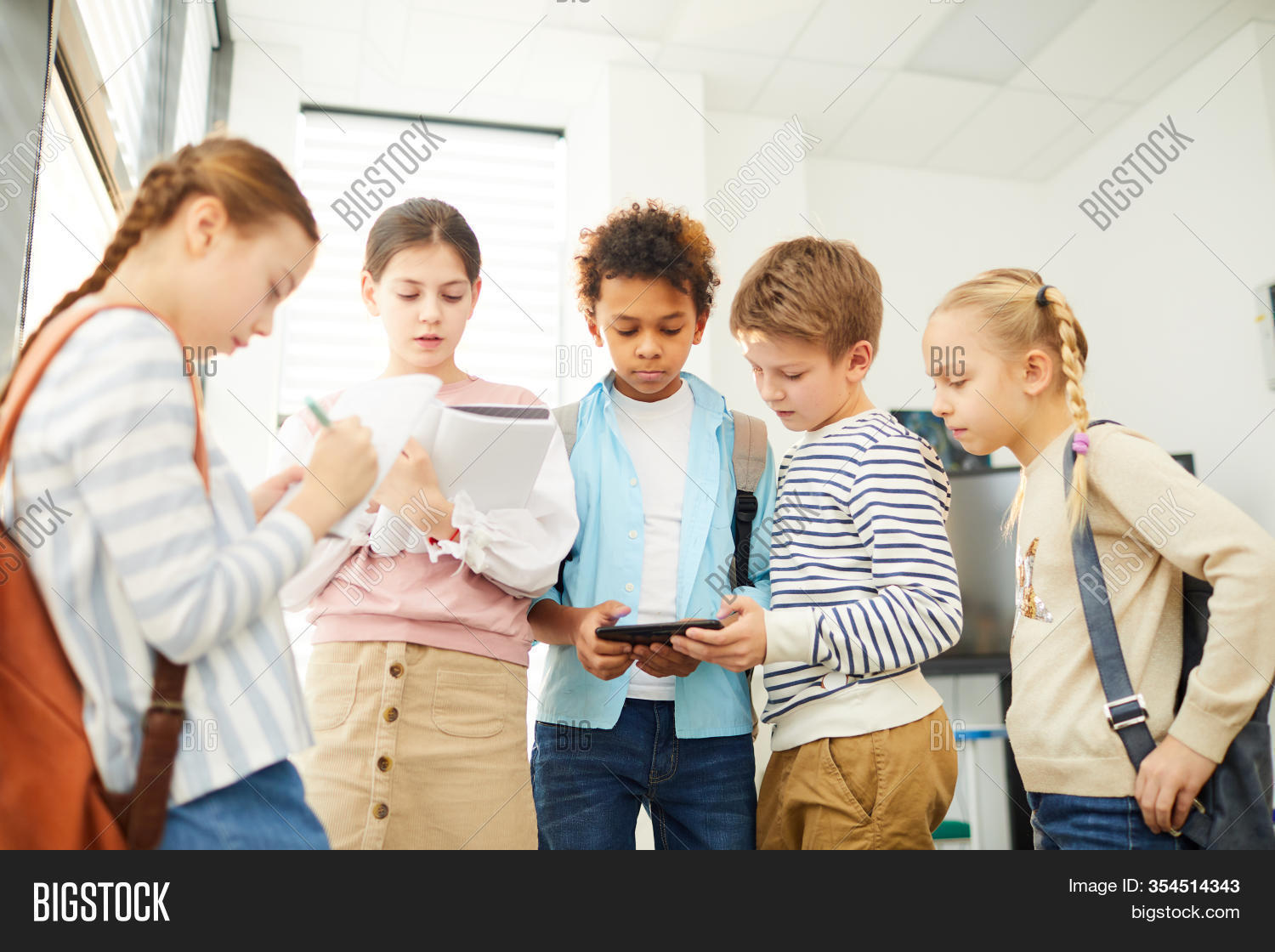
Unlocking Potential: Understanding and Supporting Schoolers in the Modern Era
The term “schoolers” encompasses a vast and diverse group: children and adolescents navigating the complex world of education. From kindergarteners embarking on their first learning adventures to high school seniors preparing for college or careers, understanding the unique challenges and opportunities facing schoolers is paramount. This article aims to provide a comprehensive overview of the issues impacting schoolers today, offering insights into how parents, educators, and communities can best support their development and academic success.
The Evolving Landscape of Education for Schoolers
The traditional image of classrooms filled with rows of desks is rapidly changing. Modern education is increasingly dynamic, incorporating technology, personalized learning approaches, and a greater emphasis on social-emotional development. This shift presents both opportunities and challenges for schoolers. On one hand, technology offers access to a wealth of information and interactive learning experiences. On the other hand, it can also contribute to distractions and digital divides.
The Impact of Technology on Schoolers
Technology’s influence on schoolers is undeniable. From tablets and laptops in the classroom to online learning platforms and educational apps, digital tools are becoming increasingly integrated into the educational experience. While these tools can enhance learning, they also raise concerns about screen time, digital literacy, and the potential for cyberbullying. Educators and parents must work together to ensure that schoolers use technology responsibly and effectively.
Personalized Learning: Tailoring Education to Individual Needs
Personalized learning is a growing trend in education that aims to tailor instruction to the individual needs and learning styles of each schooler. This approach recognizes that not all students learn at the same pace or in the same way. By providing customized learning experiences, educators can help schoolers reach their full potential. This might involve using adaptive software, providing differentiated instruction, or offering project-based learning opportunities.
Addressing the Challenges Faced by Schoolers
While education offers incredible opportunities, schoolers also face a range of challenges that can impact their academic performance and well-being. These challenges can include:
- Academic pressure and stress
- Social and emotional difficulties
- Bullying and cyberbullying
- Learning disabilities and special needs
- Socioeconomic disparities
Academic Pressure and Stress
The pressure to succeed academically can be overwhelming for some schoolers. High expectations from parents, teachers, and themselves can lead to anxiety, stress, and even burnout. It’s crucial for parents and educators to create a supportive environment that emphasizes effort and learning over grades alone. Encouraging a growth mindset, where schoolers believe that their abilities can be developed through dedication and hard work, can help them cope with academic challenges.
Social and Emotional Difficulties
The social and emotional well-being of schoolers is just as important as their academic performance. Difficulties with social skills, emotional regulation, or mental health can significantly impact their ability to learn and thrive in school. Schools are increasingly recognizing the importance of social-emotional learning (SEL) programs, which teach schoolers how to manage their emotions, build relationships, and make responsible decisions. [See also: The Importance of Social-Emotional Learning in Schools]
Bullying and Cyberbullying
Bullying, both in person and online, remains a serious problem for schoolers. Cyberbullying, in particular, can be especially damaging because it can occur 24/7 and reach a wide audience. Schools need to have clear anti-bullying policies and procedures in place, and schoolers need to be educated about how to recognize and report bullying. Parents also play a crucial role in monitoring their children’s online activity and teaching them how to be responsible digital citizens.
Learning Disabilities and Special Needs
Many schoolers have learning disabilities or special needs that require individualized support. These disabilities can range from dyslexia and ADHD to autism spectrum disorder and physical disabilities. Schools are legally obligated to provide accommodations and support services to schoolers with disabilities, ensuring that they have access to a free and appropriate public education. [See also: Understanding Individualized Education Programs (IEPs)]
Socioeconomic Disparities
Socioeconomic disparities can significantly impact a schooler’s access to quality education and resources. Schoolers from low-income families may face challenges such as food insecurity, lack of access to technology, and limited parental involvement. Schools need to address these disparities by providing resources such as free and reduced-price meals, after-school programs, and parent education workshops.
Supporting Schoolers: A Collaborative Approach
Supporting schoolers requires a collaborative effort involving parents, educators, and the community as a whole. Parents can play a crucial role by:
- Creating a supportive and encouraging home environment
- Communicating regularly with teachers
- Helping with homework and projects
- Monitoring their child’s online activity
- Advocating for their child’s needs
Educators can support schoolers by:
- Creating a positive and inclusive classroom environment
- Using differentiated instruction to meet individual needs
- Providing opportunities for social-emotional learning
- Implementing anti-bullying policies and procedures
- Communicating regularly with parents
Communities can support schoolers by:
- Providing access to resources such as libraries, museums, and community centers
- Offering after-school programs and tutoring services
- Supporting local schools through volunteer work and donations
- Creating a safe and supportive environment for all children and adolescents
The Future of Education for Schoolers
The future of education for schoolers is likely to be characterized by even greater personalization, technology integration, and emphasis on social-emotional learning. As technology continues to evolve, educators will need to find innovative ways to use it to enhance learning and prepare schoolers for the demands of the 21st century. Furthermore, addressing the challenges of equity and access will be crucial to ensuring that all schoolers have the opportunity to succeed. The landscape of education is ever changing, but the goal remains the same: to nurture the potential of every schooler and prepare them for a bright future. We must equip our schoolers with the necessary skills to thrive in a rapidly changing world, fostering critical thinking, creativity, and collaboration. Ultimately, the success of our schoolers reflects the success of our society.

